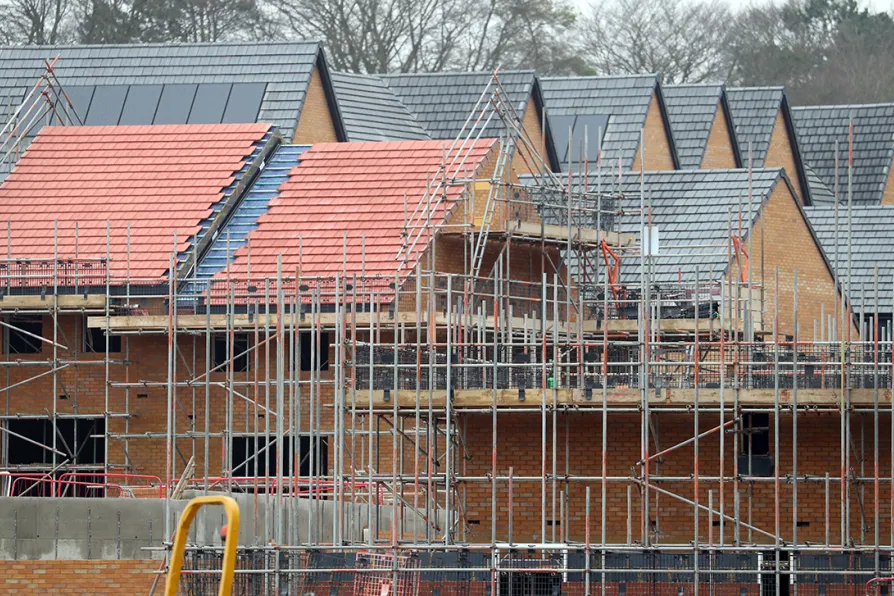

LABOUR’S latest failure is one which will have an impact on working people across the country. The government is now tiptoeing towards an acknowledgement that it is not going to meet its target of building one-and-a-half million new homes across the lifetime of this parliament.
That target was itself the very least that Britain requires after decades of an escalating housing crisis. Nor is it overambitious. In the 1950s Tory governments easily exceeded that number – 300,000 new homes a year. Under Harold Wilson, new starts peaked at 425,000 in 1968.
Much of that success was driven by local authority housebuilding, backed by governments of both parties unafraid to intervene purposefully in the housing market.
Today’s crisis is rooted in the legacy of the Thatcher period, above all, and by continued subservience to private capital, which treats housing as a commodity to be traded for profit rather than as a basic right.
Above all, the Thatcher-era Tories not only drove the public sector, including local authorities, out of housebuilding altogether but also even forced councils to sell off most of their existing stock and prohibited their constructing new properties.
This was a regime New Labour left in place and the present government is far too hesitant about addressing.
That subservience to market dictates underpins the government’s failure to meet its own modest targets. It has not championed a public-sector-led building programme.
Instead it has relied on neoliberal deregulation of planning controls to make it easier for private housebuilders to embark on development.
So far, it has not worked. Industry forecasts put new starts dropping as low as 160,000 a year, well below the government’s targets.
The Office for Budget Responsibility estimates that the planning reforms will only lead to the construction of around one-quarter of the homes required to meet targets.
The problem is particularly dire in London, where the pressure for new homes is at its most acute. Housebuilding has slowed to a standstill in many boroughs.
The response from ministers and London Mayor Sadiq Khan has been to seek to appease the private building firms still further, by diluting already very modest demands for a proportion of affordable housing to be included in their developments.
Already too many new properties in London are held as speculative investments by overseas owners or other capitalists who have no intention of taking up residence. Even “affordable” housing is out of reach for many — it is available at 80 per cent of inflated market rates — and further capitulation to the private industry lobby will put even more homes even further out of reach.
The crying need is for homes that working people can afford, ending the homelessness crisis and allowing every family to live in decent and secure accommodation.
That can only be achieved through sustained and substantial public investment, both through central government and from newly empowered and funded local authorities, allowing them to build at the scale required.
It also requires training and reskilling construction workers to eliminate skills and labour shortages.
Without these measures, setting targets for housebuilding in each district is meaningless. It is simply a gamble on the willingness of capitalists to find it profitable enough to build.
Yet too often the private sector prefers to constrict supply while land values rise and properties already constructed appreciate in value.
Building homes for working people has always been a core socialist objective. It is one present Labour politicians have forgotten how to deliver. It is time to stop relying on private capital and start to mobilise public resources if the prolonged homes crisis is ever to be overcome.










